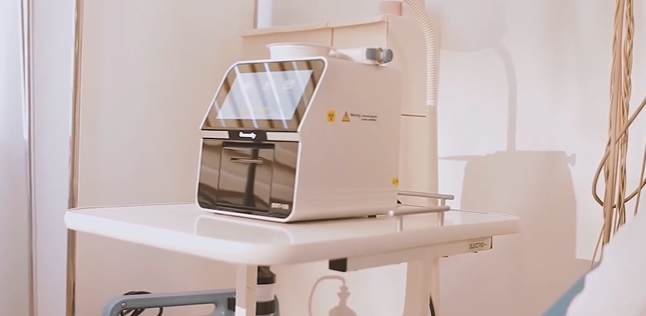release time:2022-10-13 16:51:56
Critically ill patients suffer from disturbances in the internal environment of the body. It is often accompanied by multiple organ dysfunction, especially pulmonary and renal dysfunction. This is very likely to be complicated by arterial blood gas abnormalities and acid-base balance disorders. Severe disorders of acid-base balance may in turn affect the function of vital organs. Sometimes it is the direct cause of death of the patient. Therefore, timely and correct recognition and management is often one of the key factors in saving the patient.
1. essential indicator to evaluate the patient's respiratory, oxidative and acid-base balance status (fast and accurate)
2. One of the indicators to detect serious respiratory and pulmonary diseases (asthma, respiratory failure)
3. To provide the basis for oxygenation or assisted breathing (ventilator).
4. To detect acid-base balance in the body (heart failure, kidney failure, severe diabetes, severe infection, alcoholism).
1. Essential indicator to evaluate the patient's respiratory, oxidative and acid-base balance status (fast and accurate).
2. One of the indicators to detect serious respiratory and pulmonary diseases (asthma, expiration).
3. To provide the basis for oxygenation or assisted breathing (ventilator).
4. To detect acid-base balance in the body (heart failure, kidney failure, severe diabetes, severe infection, alcoholism).
The biggest advantage of the wet blood gas analyzer is that it can process samples in bulk. The cost of testing is lower. However, the disadvantage is that the machine is large and not easy to move. In addition, since wet blood gas analyzers have an internal liquid circuit, the liquid circuit can become clogged. Maintenance has to be performed frequently and the electrodes have to be replaced regularly. And the cost of electrodes is high.

2022-07-15
This article focuses on molecular diagnostics, a segment of in vitro diagnostics. Molecular diagnostics is the fastest growing in vitro diagnostic field in recent years, and is expected to maintain a high growth rate of 30-50% in the next 3-5 years.

2022-06-15
This collision between Seamaty and IDEXX took place at Mahasarakham University's School of Veterinary and Animal Sciences.

2022-03-14
POCT (point-of-care testing) is an important tool for reducing mortality, morbidity and improving the quality of life of patients. Recent developments in emerging technologies have made new point of care devices possible. This article will introduce the recent trends in point of care diagnostics technology.